In Africa
Book Excerpt
After getting our arsenal, we then had to get the cartridges, all done up in tin boxes of a weight not exceeding sixty pounds, that being the limit of weight which the African porter is expected to carry. There were several thousand rounds of ammunition, but this did not mean that several thousand lions were to be killed. Allowing for a fair percentage of misses, we calculated, if lucky, to get one or two lions.
After getting our rifles and ammunition under satisfactory headway, we then saw that our seventy-two "chop" boxes of food were sure to be ready in time to catch our steamer at Southampton.
And yet these preliminary details did not half conclude our shopping preliminaries in London. There were camping rugs, blankets, cork mattresses, pillows and pillow cases, bed bags, towels, lanterns, mosquito boots, whetstones, hunting and skinning knives, khaki helmets, pocket tapes to measure trophies, Pasteur anti-venomous ser
Editor's choice
(view all)Popular books in Adventure, Nature, Non-fiction, Travel, History
Readers reviews
What makes this book a good read is the author’s light and often humorous writing. According to a note, it was written for a newspaper, and its style reflects this.
McCutcheon notes and laughs about the absurdities of safari travel, including everything from the quirks of his companions to the absurdity of the giant entourage a hunting trip entailed. He even acknowledges in passing many of the things that bother the conscience of a modern reader of such literature, like the waste involved with trophy hunting, showing that these were not unknown at the time (just ignored).
In many ways McCutcheon is the anti-Hemingway, though he of course preceded the great novelist. For Hemingway hunting was a test of manhood and courage, and he embues the events of his safari writing (like his other works) with dark, metaphorical meaning. Patterson gives another view again, refusing to admit any secondary significance to his actions, filling his tales instead with a colonial certainty about the rightness of his every deed -- be it killing man eating lions or building a bridge.
And McCutcheon refuses to take himself or the safari seriously. He jokes about courage and cowardice, laughs about danger and difficulty and his own desire to avoid them, and makes light of his own alleged purposelessness in taking part. Such an attitude combined with blood sport and colonialism jarred me more than once. And of course In Africa is ultimately not nearly so important or weighty as work like Hemingway’s.
But I liked the McCutcheon’s frankness and lack of pretense, and his story includes details of the hunting life that I had not found in other writing. His prose is delightful, too, being possessed of that seemingly effortless grace that characterizes good writing from the time. We are -- most of us -- hopefully -- now to a point where observing and photographing African wildlife, not killing them, is the purpose of a safari. But reading about the past can still be enlightening and enjoyable, and for that I can recommend In Africa.
- Upvote (0)
- Downvote (0)
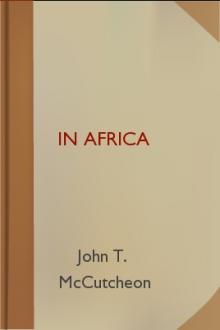
 Free Download
Free Download
















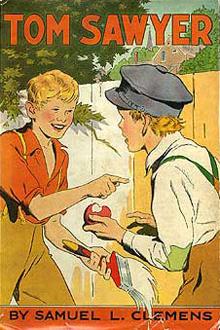

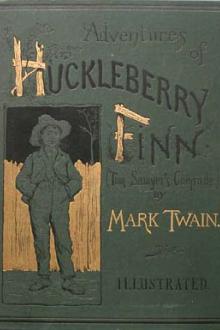

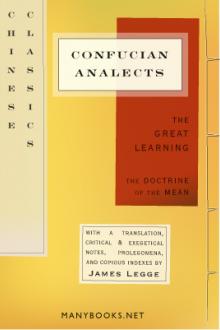
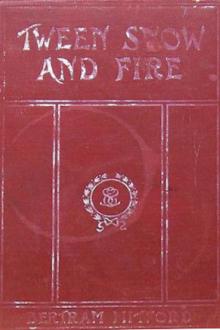
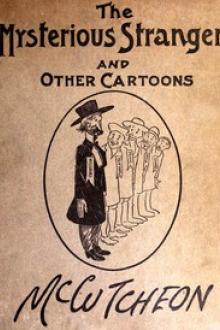
-itok=vcKIB5v1.jpg)